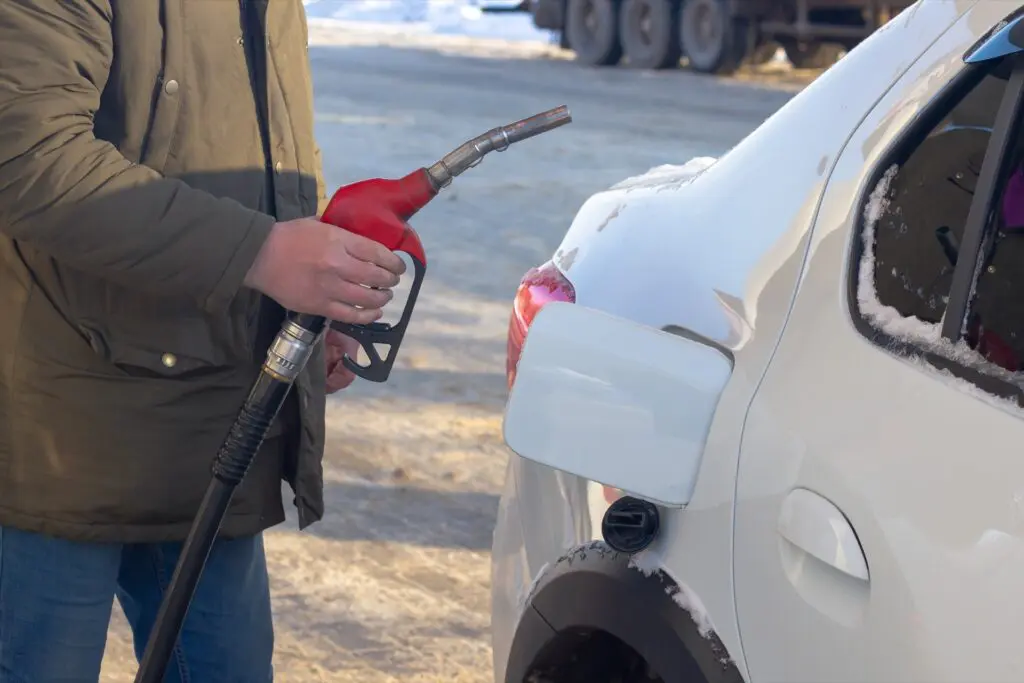While winter in Canada often comes with many perks like skiing or snowboarding, those perks, unfortunately, don’t extend to improving your car’s performance. In fact, even just a drop to around -7℃ will reduce your car’s fuel economy by 12%. However, there are a few things you can do to mitigate this, improve your winter fuel economy, and avoid spending too much time pulling out your wallet or purse at the pump.
Optimize Your Destinations and Routes
This is a relatively easy one to do. Avoid making multiple trips for things you can accomplish all in one day. For instance, make getting groceries just 1 trip per week and if you need to make a trip to the recycling depot do that on the same day as well. The more you can bundle multiple errands or destinations into one day the better.
Consider how you plan your routes to improve your winter fuel economy as well. Avoid a lot of back and forth between destinations by trying to either make your route one big circle or start by going to the furthest destination and then working your way back home stopping at each point as needed along the way.
Remove Any Accessories That Can Be Removed
Your vehicle is designed to be as aerodynamic as possible without any accessories or attachments, so loading your tiny car up like an RV ready for anything probably isn’t the best call.
Instead, remove any top-level storage, bike racks, roof racks, and any other easily removable attachments from your car’s exterior that could either weigh your car down or hinder its aerodynamics.

Park in a Warm Area
If you have a garage, the best time of year to park your car in it is winter. Not only will this improve the life of your car’s battery, but it will also keep your car warmer. In turn, this means you won’t expend nearly as much gas warming your car up, plus, your car won’t have to warm itself up since the engine will also be warmer and more efficient.
Monitor Your Tire Pressure
Finally, don’t forget to monitor your tire pressure regularly. Warm air expands and cold air contracts, so your tire pressure in winter will be typically lower than average, especially in extreme cold. That lower pressure impacts your fuel economy for the worse, so inflate your tires as needed to keep them at their ideal tire pressure.
Winter can easily sap your vehicle’s fuel economy and leave you wondering why you’re suddenly spending so much more on gas. However, by following the above tips you can reduce the time you spend at the pump and spend more time putting money towards the things that matter to you this winter.

